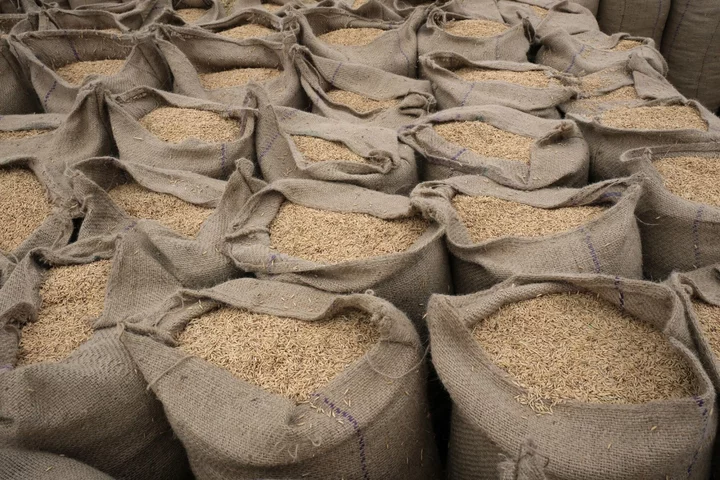
India Considers Banning Most Rice Exports as Local Prices Surge
India, the world’s biggest rice shipper, is considering banning exports of most rice varieties, a move that may
2023-07-13 14:53

Nearly Half of Americans Are Ready to Ditch Fully Gas-Powered Cars
The electric vehicle revolution is accelerating, with more Americans than ever looking to move away
2023-06-30 22:56

Get these translation earbuds for under $100
TL;DR: As of October 7, get the Mymanu CLIK S Bluetooth translation earbuds for just
2023-10-07 17:23

Adorable pics of Tom Holland with his dog Tessa through the years
Tom Holland's love for his pet dog Tessa is truly heartwarming, as revealed in this series of pictures
2023-09-21 16:15
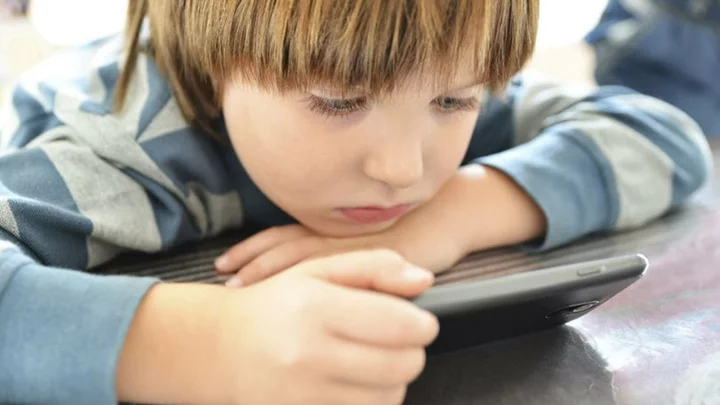
The Best Phones for Kids in 2023
We've thought a lot about kids and phones because many of us are parents. Mobile
2023-06-23 21:21
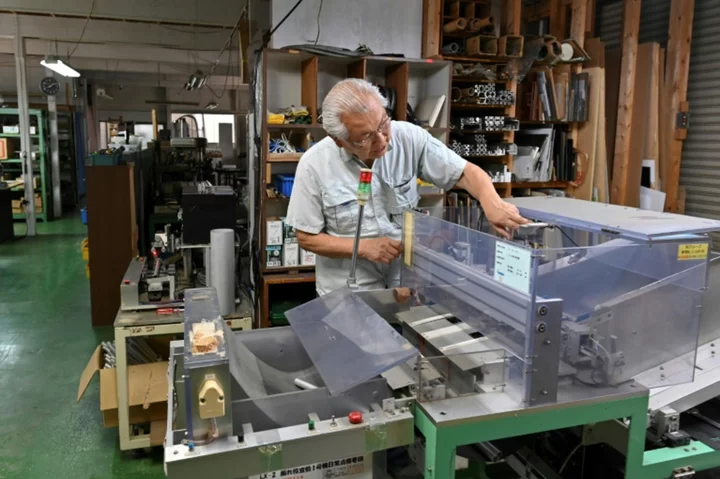
'Era of mass closures': the Japan businesses without successors
Kiyoshi Hashimoto's machinery factory outside Tokyo should be buzzing with industry. Instead, it's so quiet you can hear...
2023-07-25 10:57
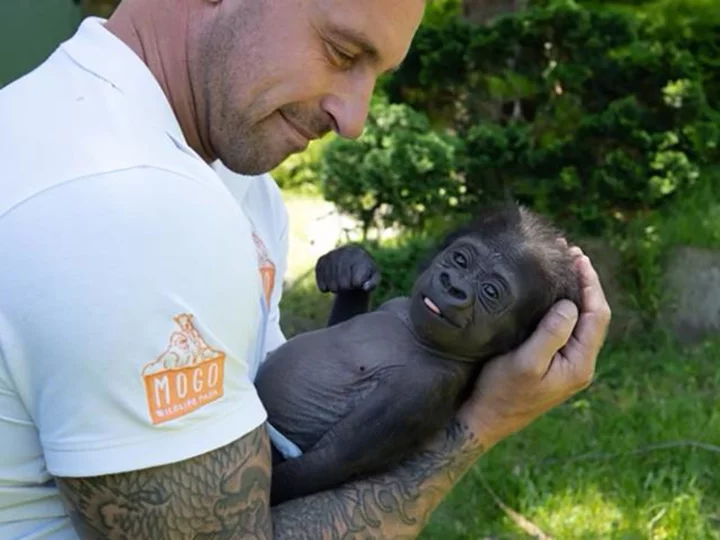
This baby gorilla almost died before a zookeeper held him close. Now he has a new adoptive mom
In many ways, raising a baby gorilla is very similar to nurturing human newborns, says Chad Staples, a father of four and the director of Mogo Wildlife Park, a small private zoo in the town of the same name on Australia's southeastern coast.
2023-08-25 18:58

'Quordle' today: Here are the answers and hints for August 15, 2023
If Quordle is a little too challenging today, you've come to the right place for
2023-08-15 07:22

NYT Connections today: See hints and answers for October 6
Connections is the latest New York Times word game that's captured the public's attention. The
2023-10-06 10:56
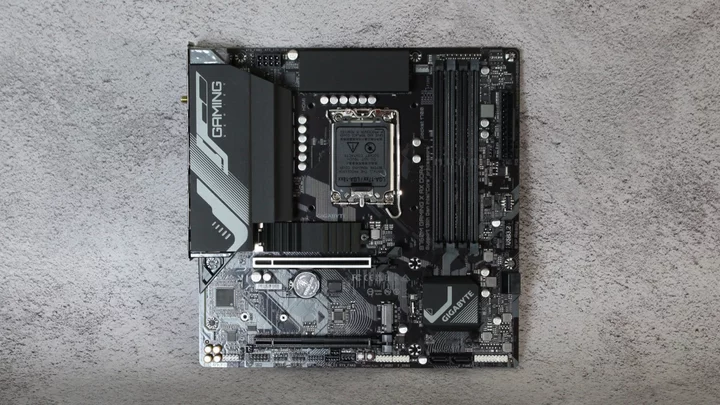
Gigabyte B760M Gaming X AX DDR4 Review
Who needs DDR5? The Gigabyte B760M Gaming X AX DDR4 is a budget-oriented motherboard that
2023-06-18 06:20

Bundle Up In The Internet’s Best Winter Dresses, According To Warm & Happy Customers
Spooky season is almost over, and Thanksgiving is on the horizon. In wardrobe speak, this means that winter isn’t just coming. It’s pretty much here. Temperatures are dropping fast, and we’re layering up even faster, starting with the winter dress. The winter dress is not that much different from the fall dress; just add some extra weight and/or fabric, so it’ll stand the test of snow, sleet, or whatever else the season throws at you. Think sweater-like materials and yuletide prints, long sleeves, and high necks.
2023-10-24 06:29

Twitter hacker behind infamous 2020 breach sentenced to 5 years in prison
In 2020, Twitter accounts for Barack Obama, Joe Biden, and others were compromised in a
2023-06-26 00:19
You Might Like...

Which 'Fall of the House of Usher' episode is based on which Poe short story?

The best portable chargers and power banks

Toto Wolff offers theory over Red Bull decision to ditch Nyck de Vries

Companies are finding it's not so simple to leave Russia. Some are quietly staying put

The 13 Most Covetable Fall Sweaters For Women On The Internet

DELIMEX® Taquitos and JAJA™ Tequila Introduce Limited-Edition, Never-Before-Seen Taquito-rita For National Tequila Day

Rhodes fires: Free holiday for evacuated tourists, Greek PM says

'Barbie' is coming to IMAX — with extra special bonus footage
